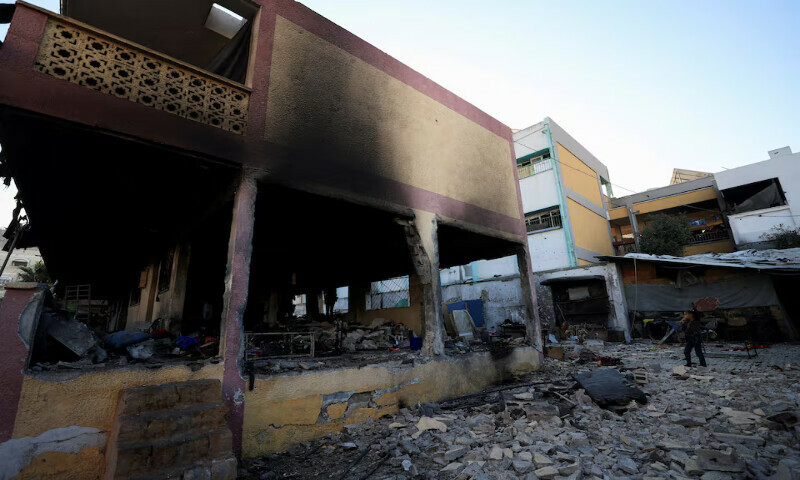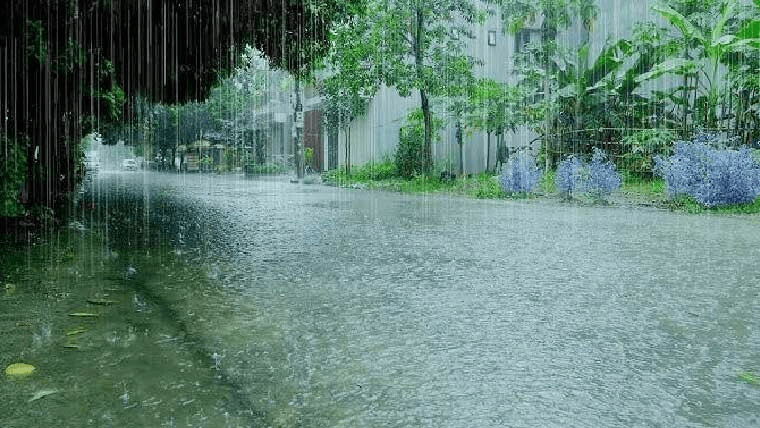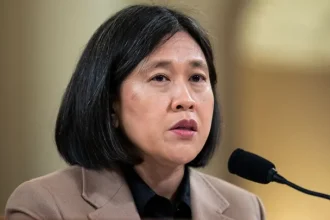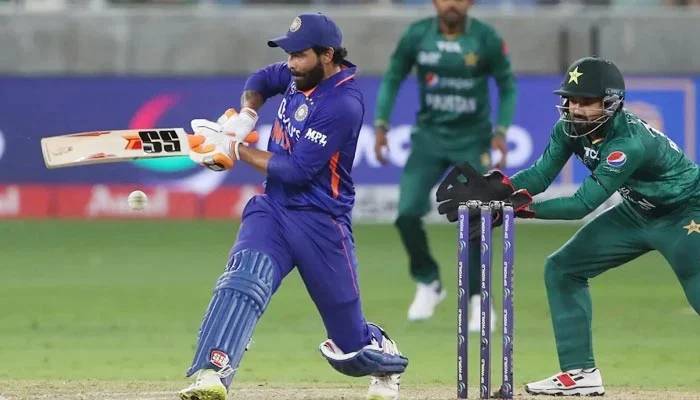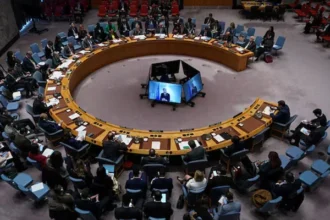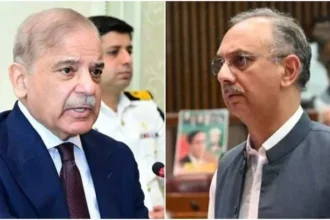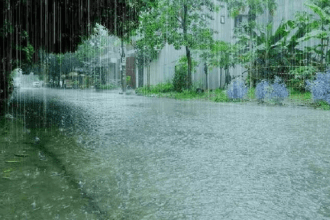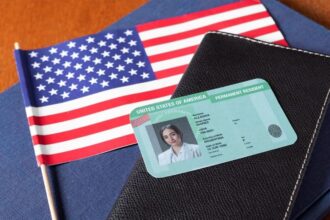Hot News
Hamas seeks ceasefire guarantees as scores more are killed in Gaza
Truce efforts gather pace after US says Israel accepts conditions for ceasefire
Moscow says the deputy head of the Russian navy was killed in the war in Ukraine.
Mikhail Gudkov dies in Ukrainian missile attack in border district of Kursk
Ashura public holidays are announced by the federal government.
July 5 and 6 declared holidays for 9th and 10th Muharram
Pakistani company fits war-affected Gazan girl with prosthetic arm
Bioniks launches humanitarian mission in Gaza with support from Jordanian partner
The foreign minister claims that Iran is dedicated to the nuclear non-proliferation treaty.
Cooperation with IAEA will be channelled through Supreme National Security Council: FM
Heavy monsoon rains expected from July 6 to 10, warns NDMA
NDMA issues nationwide alert for above-normal rainfall
Nvidia set to become world’s most valuable company in history
At $3.915 trillion, Nvidia's market capitalization surpasses Apple's record.
Not working to topple KP govt, says Governor Kundi
Governor says opposition has the right to move no-confidence motion
River Swat tragedy probe report blames tourists for the disaster
River flow diverted to facilitate construction activity, claims report
Putin tells Trump he won’t back down from goals in Ukraine
Moscow wants a negotiated end to Ukraine war, Putin tells Trump in phone call
Editor's Pick
Weather
32°C
New York
scattered clouds
33°
_
30°
61%
3 km/h
You must be a registered user to participate in this chat.
Discover Categories

Stay Informed, Stay Ahead!
Welcome to Our News Magazine – Your Gateway to Timely Updates. Explore Breaking News, In-Depth Features, and Exclusive Insights. Join Our Community of Knowledge Seekers Today!
Learn More
Sports
Global Coronavirus Cases
Confirmed
65.10M
Death
6.60M
Asia Cup 2025 schedule likely to be announced in first week of July
In the first week of July, the Asian Cricket Council (ACC) is anticipated to release the Asia Cup 2025 schedule, marking a significant change from the earlier ambiguity caused by…

